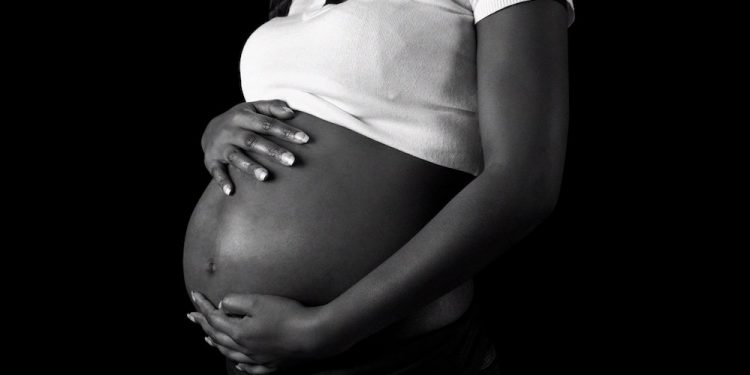By Ebi Kesiena
The World Health Organisation (WHO) has rejected claims suggesting that taking acetaminophen (paracetamol) during pregnancy is linked to autism, stressing that scientific evidence does not support the assertion.
In a statement published on Thursday, the health agency explained that more than a decade of research, including several large-scale studies, had investigated possible connections between paracetamol use in pregnancy and autism spectrum disorder (ASD), but results have been inconsistent.
“Extensive research has been conducted over the past decade, including large-scale studies, to explore potential links between acetaminophen use in pregnancy and autism. To date, no consistent association has been identified,” WHO stated.
The organisation advised expectant mothers to only use medication under professional guidance, adding that caution is especially important during the first trimester.
WHO also reiterated that vaccines do not cause autism. It highlighted that robust, high-quality studies in multiple countries had consistently shown the safety of childhood vaccines, including those containing thiomersal or aluminium, while earlier contrary claims had been thoroughly discredited.
Globally, WHO estimates that about 62 million people, equivalent to 1 in 127, live with autism spectrum disorder. While its precise causes remain uncertain, researchers believe it results from a combination of factors affecting brain development.
The agency further emphasized that immunization programs remain vital, noting that carefully designed vaccination schedules, created with international expert input, have saved at least 154 million lives over the past five decades by protecting people against 30 infectious diseases.
Autism and wider neurodevelopmental challenges are among the key subjects being discussed at the fourth UN High-Level Meeting on Non-Communicable Diseases and Mental Health, scheduled for Thursday, 25 September.
“As a global community, we need to do more to understand the causes of autism and how best to care for and support autistic people and their families. WHO stands with people who are living with autism and their families, a dignified community entitled to evidence-based considerations free of stigma,” the agency noted.




































